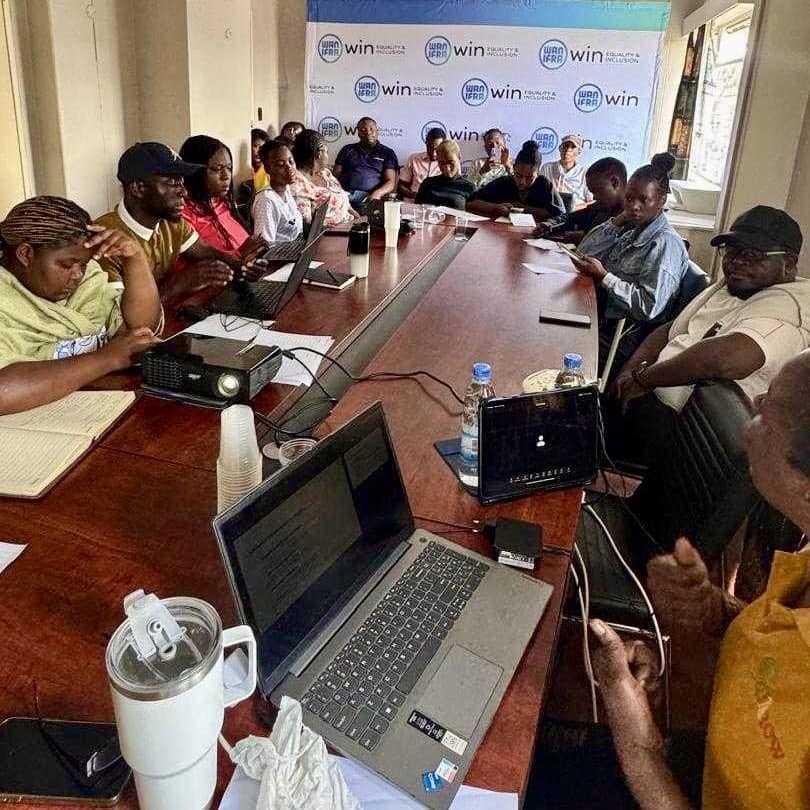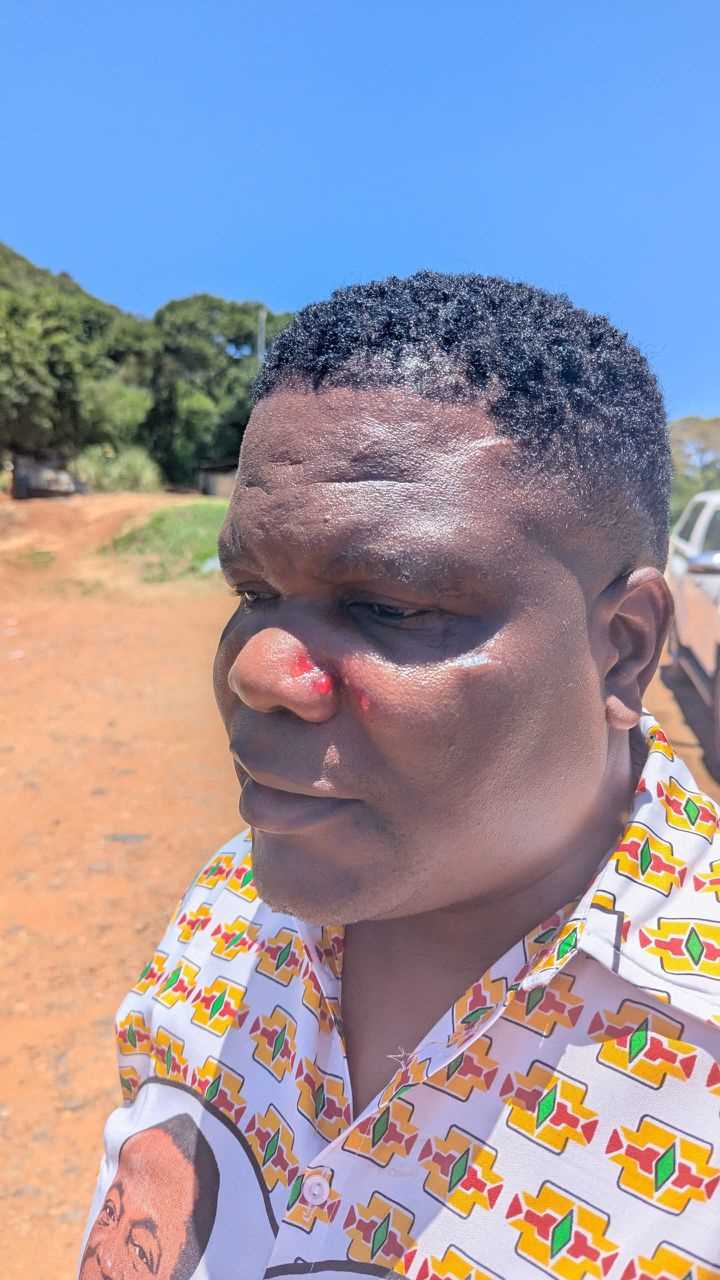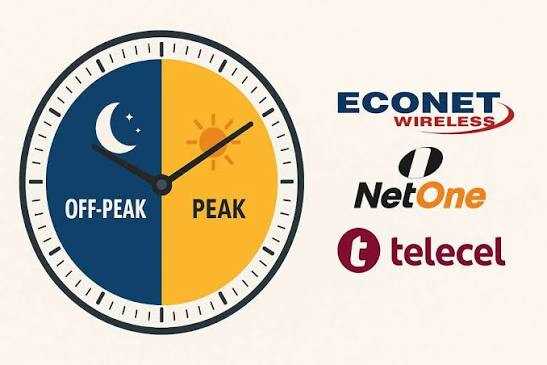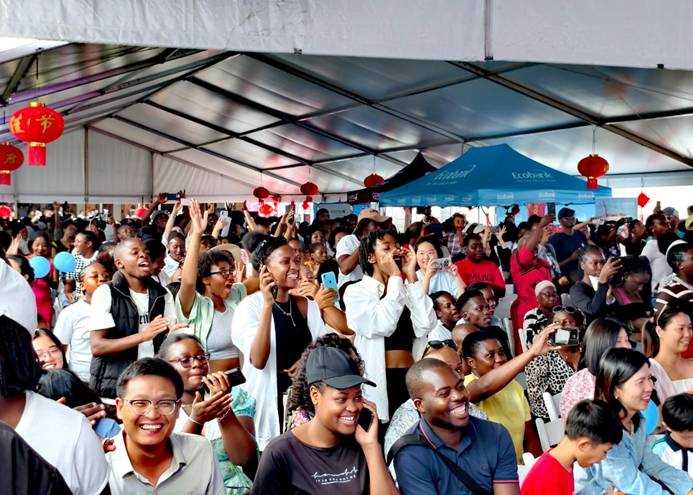
Runodada Witness
Zim Now Reporter
The hushed whispers and unspoken fears that have long permeated Zimbabwean newsrooms are finally giving way to a chorus of voices demanding change. Sexual harassment, both physical and online, has emerged as a crippling issue within the industry, forcing young journalists to abandon their careers and creating a toxic environment that stifles professional growth. Now, journalists are uniting to break the silence and fight for a safer, more respectful workplace.
Related Stories
The problem is pervasive. Journalists, both male and female, face harassment from colleagues and superiors. Instances range from inappropriate comments about physical appearance during collaborative assignments to outright sexual advances from editors and other senior staff. Female journalists, in particular, often find themselves targeted by those in positions of power, leaving them feeling vulnerable and trapped. Attempts to report these incidents often prove futile, with the power dynamics within organizations frequently shielding the perpetrators.
"You can be harassed, but for you to file a report, you will be afraid of losing your job," explained Shamaine, a journalist from Daily News, at a recent workshop addressing the crisis. Her words echoed the sentiments of many who fear retaliation for speaking out. This fear, she emphasized, underscores the critical need for anonymous reporting mechanisms. "So the use of sending an anonymous message can help us seek help."
The workshop, held on February 14th, brought together journalists from across Zimbabwe to discuss the escalating problem of harassment, both online and offline. Participants explored potential solutions, including the establishment of anonymous reporting channels, such as ghost accounts or emails, to notify the Zimbabwe Media Commission for investigation. The group stressed the importance of understanding that sexual harassment is a criminal offense in Zimbabwe, urging victims to report cases to labor authorities for legal action.
Beyond anonymous reporting, the journalists advocated for a network of support institutions that could intervene on behalf of victims. These institutions, operating under a banner like "Journalists Unite Against Harassment," could provide crucial support and act as a powerful force for change within news organizations.


















Leave Comments